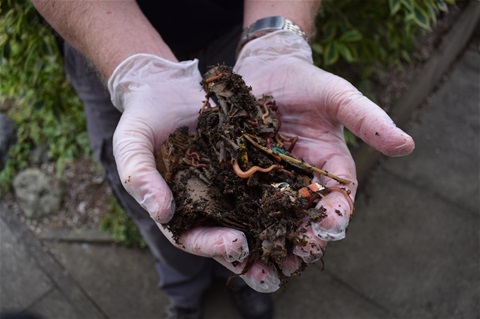Peat compost to be phased out (again)
Action to protect the worlds peatlands is more important than ever. Peatlands store twice as much carbon as the world’s forests and in the UK, peatlands hold more than three billion tonnes of carbon. Peatlands play a significant role in reducing flooding.
As well as the extraction of peat for use in the garden trade, these areas are under threat from draining, overgrazing, and burning of the heather on grouse shooting estates.
Peat has been a staple ingredient of composts sold in British garden centres since the 1960s, having good water and air retention and being light to transport and relatively easy to extract by destroying peatbogs. By 2011 about 58% of compost brought by home gardeners was peat.
A consultation on proposals to phase out the horticultural use of peat (including ‘grow bags and multi-purpose compost) by amateur gardeners in England by 2020 was published by DEFRA. The Natural Environment Minister at the time said “The horticultural industry has made real progress in reducing peat use, but I want to see peat eliminated from the amateur gardener market by 2020. We need to go further if we are to protect our natural environment and reduce greenhouse gas emissions”.
DEFA subsequently announced binding targets under the 2018 25-year environmental plan to phase out peat for garden use by 2020 and use by commercial nurseries by 2030
Obviously as with most environmental statements there was a slight difference between the press publicity and what actually happened as anyone buying any of the wide range of peat-based composts from garden centres in 2020 and 2021. In fact peat still accounted for around 35% of all compost sales .
So, there was obviously a need for another press release announcing new targets the government has now said that sales of peat compost to amateur gardeners will be banned from 2024. Do not hold your breath.
However, as a gardener can make a difference: only buy peat free composts (the new ones are much improved) and make your own compost from household, kitchen and garden waste.
If you have an allotment or a community garden work together to compost the waste from the site.

Latest comments
Do you have any data on ' application ' of Aerated Vermi Compost Tea to Mangoes and benneficial outcomes .
Very informative site. Having been away for 5 weeks and returning to evidence of rats under and around the compost bin, I can testify to lack of human activity allowing the rats to get comfortable.
can i use dog manure in compost and mulching leaves?
What is the C and N ratio for coffee chaff?